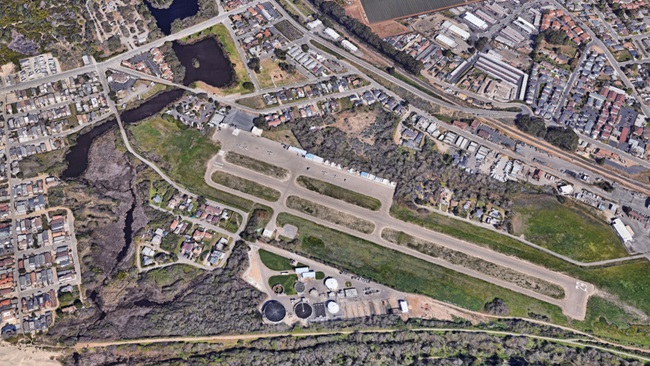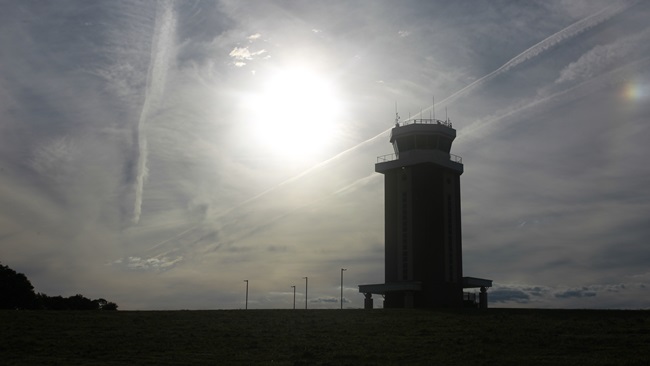AOPA is urging members in Oregon to speak out against a proposed “punitive, non-specific and unreasonable increase” in the tax on avgas before a legislative committee considers the bill April 6.
House Bill 3193 would increase the license tax on leaded aviation fuel by an as-yet-unidentified amount and provide for annual increases. AOPA expressed its strident opposition to the tax increase—revenue from which would not be reinvested in Oregon’s aviation system—in a letter to the leaders of the Oregon House Transportation and Economic Development Committee and encourages pilots to contact their state representatives to urge them to oppose the bill.
AOPA Northwest Mountain Regional Manager David Ulane criticized the bill for punishing users of leaded avgas in a letter to the chair and vice chair of the Transportation and Economic Development Committee, which will hold a hearing on it April 6. The bill “would impose a punitive, non-specific and unreasonable increase on the taxes paid by users of leaded aviation fuel (avgas),” he wrote. The association continues to raise concerns with the committee and is asking members to contact their state legislators, particularly those on the House Transportation and Economic Development Committee, and urge them to oppose the bill and not allow it to move out of committee.
The Oregon Pilots Association also asked its members to write to their legislators opposing the bill, and the association's president, Mary Rosenblum, said many have responded. The legislation would harm pilots who use their aircraft for business and recreation, she said, as well as damage the Oregon economy. She said her association is asking members to tell their lawmakers that the bill “isn’t going to make unleaded fuel appear any sooner. … It’s simply going to hurt Oregonians.”
Ulane expressed similar points in his letter to committee leadership. Explaining that the majority of piston general aviation aircraft must currently operate on aviation-specific fuels to meet safety-of-flight and technical requirements established by the FAA, he outlined efforts by the FAA and GA community to enable a safe transition to a suitable unleaded fuel. “Unfortunately, this bill would do nothing to accelerate that ongoing process, and would only serve to have an immediate and significant negative consequence on the 16,200 jobs and $3.02 billion annual economic impact generated by general aviation in Oregon,” he wrote.
The bill doesn’t specify the amount of the increase, potentially leaving the door open to unreasonable and discriminatory taxes on avgas; and unlike existing aviation fuel taxes in the state, revenue from this tax would not be allocated to aviation uses. AOPA encourages members to remind their elected officials that the bill would have a negative impact on the state’s economy and will not help ongoing efforts to find a suitable replacement for leaded avgas. Oregonians can find contact information for their legislators online.


